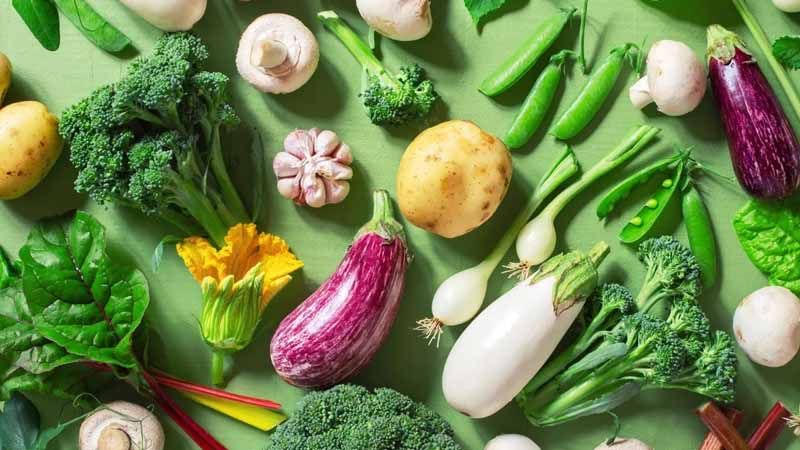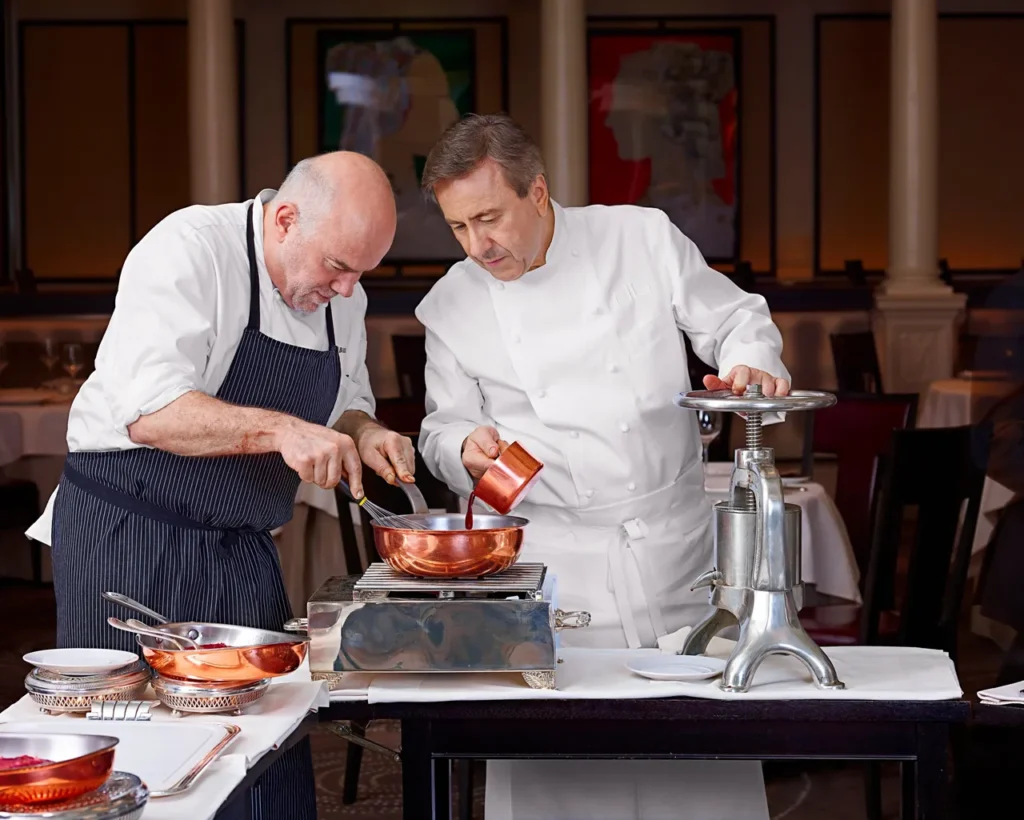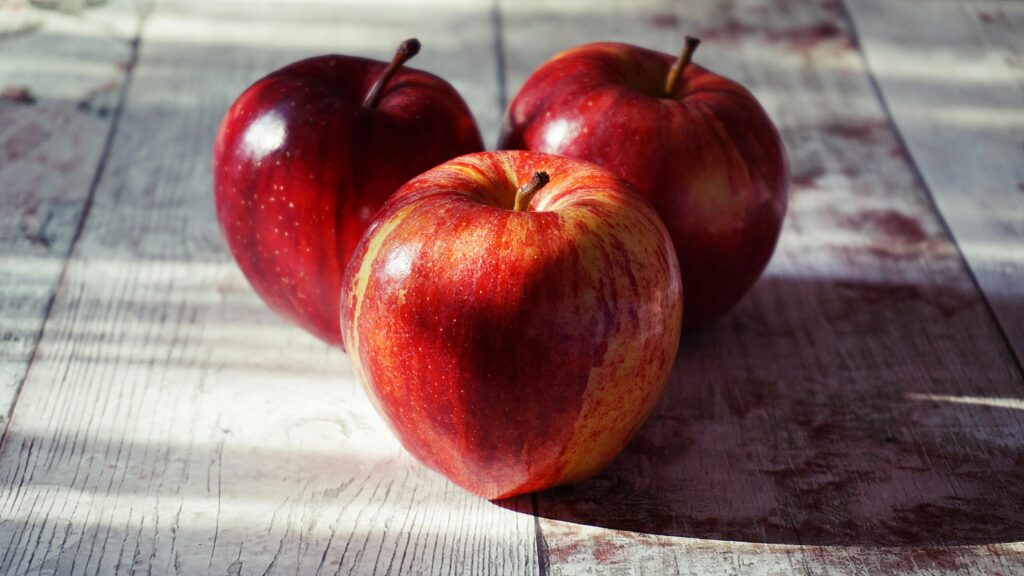10 common meals that can harm you if not eaten properly

10 Common Meals That Can Harm You If Not Eaten Properly
We often assume that if a meal is common or home-cooked, it must be safe. But the truth is, even everyday dishes can become dangerous when they’re not prepared, cooked, or stored correctly. From bacteria to chemical reactions, food safety mistakes can turn your favorite comfort foods into potential health risks.
Here are 10 common meals that can harm you if not eaten properly—and how to enjoy them safely.
1. Rice

Rice is a staple across the world, but few realize it can harbor Bacillus cereus, a bacteria that survives cooking. When cooked rice is left at room temperature for hours, those bacteria multiply and produce toxins that can cause vomiting or diarrhea.
Safety Tip: Always refrigerate leftover rice within one hour of cooking and reheat it only once.
2. Chicken
Raw or undercooked chicken is one of the leading causes of Salmonella and Campylobacter infections. Even washing raw chicken can spread bacteria to your sink and countertops.
Safety Tip: Cook chicken until it reaches an internal temperature of 165°F (75°C). Never rinse it—just cook it thoroughly.
3. Eggs
Eggs are a breakfast favorite, but raw or runny eggs can contain Salmonella. Homemade mayonnaise, tiramisu, and raw cookie dough often use uncooked eggs—making them risky if not pasteurized.
Safety Tip: Use pasteurized eggs for recipes that don’t require cooking, and refrigerate eggs promptly.
4. Leafy Greens
Salads may seem like the healthiest meal choice, but leafy greens like lettuce, spinach, and kale can carry E. coli or Listeria from contaminated soil or water.
Safety Tip: Wash greens thoroughly under cold running water and avoid pre-cut salads that are past their expiration date.
5. Potatoes
Believe it or not, even potatoes can pose risks. When cooked potatoes are left at room temperature—especially in foil—they create an oxygen-free environment perfect for Clostridium botulinum, the bacteria that causes botulism.
Safety Tip: Don’t let baked potatoes sit out for more than two hours. Refrigerate leftovers promptly.
6. Seafood
Fish and shellfish can spoil quickly and contain toxins that aren’t destroyed by cooking. For example, raw oysters can carry Vibrio bacteria, and certain reef fish may cause ciguatera poisoning.
Safety Tip: Always buy seafood from reputable sources and cook it to the recommended temperature. Avoid raw shellfish unless you’re sure of its safety.
7. Beans (Especially Kidney Beans)
Raw or undercooked kidney beans contain a toxin called phytohaemagglutinin, which can cause severe nausea and vomiting. Just a few undercooked beans can make you sick.
Safety Tip: Soak beans for at least five hours, then boil them vigorously for 10 minutes before simmering.
8. Mushrooms
Not all mushrooms are safe—even edible varieties can become toxic if improperly stored or reheated. Wild mushrooms, in particular, can easily be mistaken for poisonous species.
Safety Tip: Buy mushrooms from trusted sellers, store them in paper bags (not plastic), and never eat wild mushrooms unless identified by an expert.
9. Pasta
Leftover pasta seems harmless, but it can cause what’s known as “fried rice syndrome,” due to Bacillus cereus. Bacteria multiply when pasta is left out at room temperature and can cause food poisoning when reheated.
Safety Tip: Store cooked pasta in the fridge within one hour of cooking and consume it within 2–3 days.
10. Deli Meats

Cold cuts like ham, turkey, and salami are convenient but can harbor Listeria monocytogenes, a bacteria that thrives in cold environments—even your fridge. This can be particularly dangerous for pregnant women and those with weak immune systems.
Safety Tip: Always heat deli meats until steaming before eating, and consume them within a few days of opening.
Final Thoughts
Food safety is one of those topics most people don’t think about—until it’s too late. But you don’t need to give up your favorite meals. By following simple hygiene, storage, and cooking guidelines, you can enjoy every bite without worry.
The key takeaway?
Even the most ordinary foods can pose risks if mishandled. Wash your hands, cook thoroughly, refrigerate promptly, and when in doubt—throw it out.
After all, prevention is the best recipe for good health.









